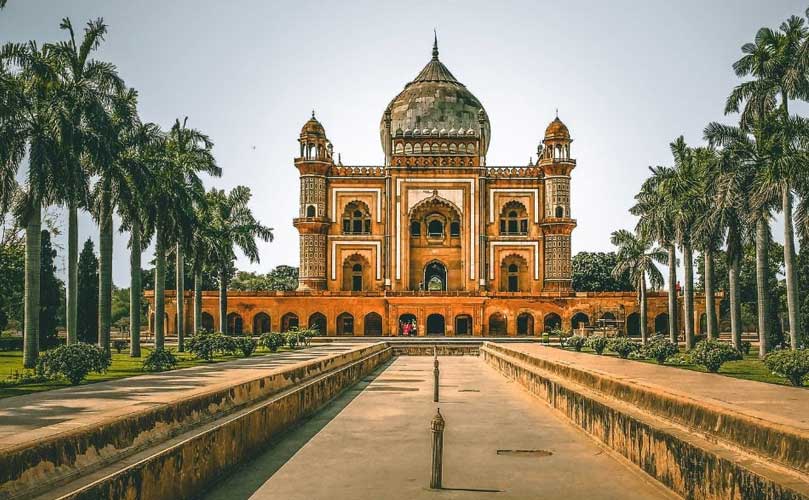
Interesting facts about India, from our blog https://www.paylesstoursindiablog.com/2020/05/interesting-facts-about-india-there-are.html
There are some very interesting facts about India which you probably don't know:
1. India once was a continent
Over 100 million years ago, when dinosaurs roamed the earth, most of territory which is now India was an island.
2. The capital of India since August 15, 1947 with 22 million inhabitants (the entire agglomeration) has been New Delhi.
Until that day, India had been subject to the UK, and the capital was in Calcutta. However, the largest Indian city is Mumbai.
3.The Indian flag called Tiranga consists of three horizontal stripes
Flag colors are: saffron, white and green. They symbolize courage and sacrifice; truth and peace; religiosity, fertility and chivalry. There is also a second interpretation in which the saffron color symbolizes Hinduism, while the green symbolizes Islam - these are the two most popular religions of the region. In this sense, whiteness is reconciliation and symbolizes peace between two religions. In the central part of the flag there is a form of the Buddhist Dharma Wheel, it is nothing but a wheel of justice and law. The flag has been functioning as the official symbol of this country since July 22, 1947.
4. A big number of the rich people in INDIA
Over a million inhabitants of this country have accumulated more than a million dollars. Unfortunately, most Indians must live on less than two dollars a day.
5. Post offices
The country has the most post offices around the world - over 150,000 branches.
6. McDonald's
Mc Donald's restaurants in India serve vegetarian burgers and many different veg dishes next to chicken burgers. Beef is not sold due to religion reasons and the fact that around 70 percent of the Indian population are vegetarians.
7. Seasons in India
The calendar in this country has six seasons - spring, summer, monsoon, autumn, winter and Prevernal season. They are divided among the twelve months of a calendar with each season having a span of exactly two months.
8. It is illegal for tourists to take the Indian Rupee outside of India.
9. Mumbai air
Studies have shown that inhaling the air in Mumbai for one day equals 100 cigarettes.
10. The largest family in the world lives in India, the head of the family is a man with 39 wives and 94 children.
11. Policemen in the state of Madhya Pradesh
They receive a small salary increase for having a small mustache - 30 RSP.
12. Showing feelings
Men show affection for hands. Generally, Indians do not publicly show affection to their wives and partners. This is considered indecent. Sensitivity between male friends, however, are not uncommon and are treated as something absolutely normal, without any overtones.
13. Not many people pay taxes in India
This is not a very good thing, although it sounds cool. No taxes means a poorer state. Agriculture is not taxed in India, and most people work on farms. Over 50% of Indians live on farming. Another big group that doesn't pay taxes are manual workers who find it difficult to prove how much they earn and how much they work.
14 Indian newspaper in great demand
We prefer to find out "what's up in politics" from the internet. In India, however, paper newspapers are still the most popular for many reasons. First of all, not many people have access to a computer or smartphone, and internet charges are very high. Secondly, Hindus speak many dialects, so newspapers are printed in different languages in different regions. And thirdly, if you read the newspaper, you can sell it to someone on the street for a slightly lower price.
15. Cast system
Hinduism differs from other religions primarily in the belief that people are not equal. Hence, the division into castes and passivity towards one's fate. Morality and the canon of values are completely different from Christianity. We think differently and it is difficult for us to accept the views of Hindus, for example, if a child is born without a hand or with a congenital disease, then the Hindu may say that it was because in his previous life he was bad and he had a bad karma.